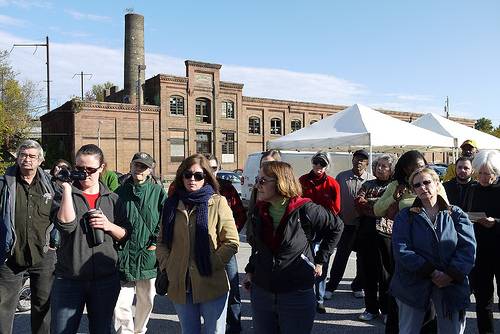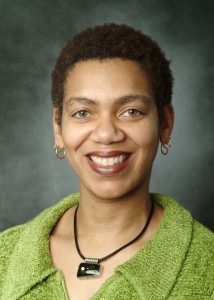Celebrate the end of the inaugural season of the West Baltimore Farmer’s Market and explore the history of the Greater Rosemont neighborhood with a free mile-and-a-half long walking tour on November 20 at 10:00 AM starting from the West Baltimore MARC Station (Southwest corner of the North Smallwood and West Franklin Street). In the early 1950s, the neighborhoods of Greater Rosemont flipped from nearly exclusively white to almost completely African American through a period of rapid “white flight.” The new residents established a stable middle-class community that successfully resisted demolition by the “Highway to Nowhere.”
This short walking tour will take you from the very beginnings of the neighborhood as a streetcar suburb up through the present day and the prospect of the new Red Line light rail route. It is also a chance to celebrate the last day of the West Baltimore Farmers Market which is brining fresh, locally produced food to residents who live in a community that is characterized as an urban “food desert.” Please RSVP for this free walking tour!


